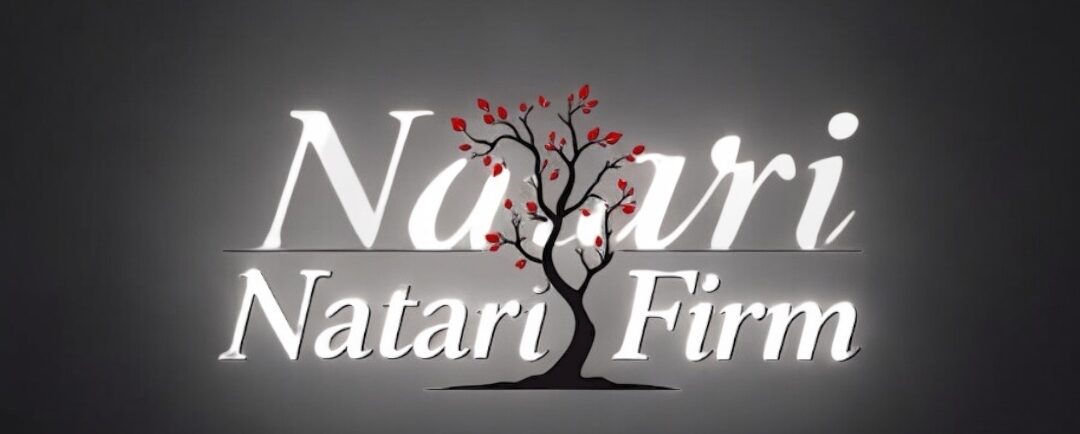At Natari Firm, we specialize in helping businesses navigate the complexities of business structures to ensure they are set up for long-term success. Whether you’re starting a new business or restructuring an existing one, choosing the right legal structure is crucial for tax efficiency, liability protection, and growth potential. Our team will guide you through various options, such as sole proprietorships, partnerships, LLCs, S-Corps, and more, ensuring that your structure aligns with your business goals and personal preferences.
We understand that every business is unique, and that’s why we offer personalized advice and solutions based on your specific needs. Whether you’re a solopreneur, a growing startup, or an expanding enterprise, Natari Firm is here to ensure that your business structure supports your vision, protects your assets, and allows for scalability. Let us help you make the right decision from the start, so you can focus on what matters most—growing your business.
A business structure for your website is simply the way you organize and operate your website as a business. It affects how you manage responsibilities, pay taxes, and protect yourself legally.
LLC (Limited Liability Company)
A flexible structure that protects your personal assets from business liabilities. It’s a mix of a corporation’s liability protection and a partnership’s tax benefits.
Pros:
Limited personal liability – protects your personal assets.
Flexible management structure.
Pass-through taxation – business profits are taxed on personal returns.
Cons:
Costs and paperwork to establish.
Renewal fees and compliance requirements vary by state.
Can be harder to attract large investors.
A flexible business structure that combines the liability protection of a corporation with the tax advantages and simplicity of a partnership.
Nonprofit
A business structure for organizations that operate for a charitable, educational, or social purpose, rather than for profit.
Pros:
Tax-exempt status for eligible activities.
Eligible for grants and donations.
Limited liability protection for founders and directors.
Cons:
Strict compliance with rules and regulations.
Cannot distribute profits to owners.
Requires extensive record-keeping and reporting.
A tax-exempt organization that operates for charitable, religious, educational, or social purposes, with any profits reinvested into its mission rather than distributed to owners.
Consider factors like the purpose, financial goals, level of risk, and how you want to manage taxes and liability.
Corporation
A corporation is a separate legal entity from its owners, offering strong personal liability protection. Owners (shareholders) are separate from the business.
Pros:
Best personal asset protection.
Easier to raise capital through shares or investments.
Can exist beyond the original owners (no end date).
Cons:
Complicated and costly to set up and manage.
Double taxation – corporation pays taxes on profits, and shareholders pay taxes on dividends.
More government regulations and requirements.
A separate legal entity offering strong liability protection, the ability to issue shares, and a structure ideal for raising capital, but subject to double taxation.
Cooperative (Co-op)
A cooperative is a business owned and operated by a group of individuals for their mutual benefit. Members vote on decisions and share in profits.
Pros: Democratic control (each member has an equal vote), profit-sharing among members, and limited liability.
Cons: Difficult to raise capital, slower decision-making due to democratic process, and can be complex to manage.
Sole Proprietorship
This is the simplest structure where you own and operate the website as an individual. There’s no distinction between you and the business.
Pros:
Easy and inexpensive to set up.
You have full control over the business.
Simple taxes – profits are reported on your personal tax return.
Cons:
Unlimited personal liability – you’re responsible for all debts and legal issues.
Harder to raise funds or attract investors.
Business ends if you stop operating.
A simple structure where the business is owned and operated by one individual, with no separation between personal and business liabilities.
Partnership
What it is: A business owned by two or more people who share responsibilities and profits. There are two types: general partnerships (equal responsibility) and limited partnerships (one partner can have limited involvement and liability).
Pros:
Easy to start and share costs.
Combined skills and resources of all partners.
Direct profits – taxed through personal income taxes.
Cons:
Unlimited liability for general partners.
Potential for disagreements among partners.
Shared liability – one partner’s mistake affects everyone.
A business owned by two or more individuals who share profits, losses, and responsibilities, with general and limited partnership options.
